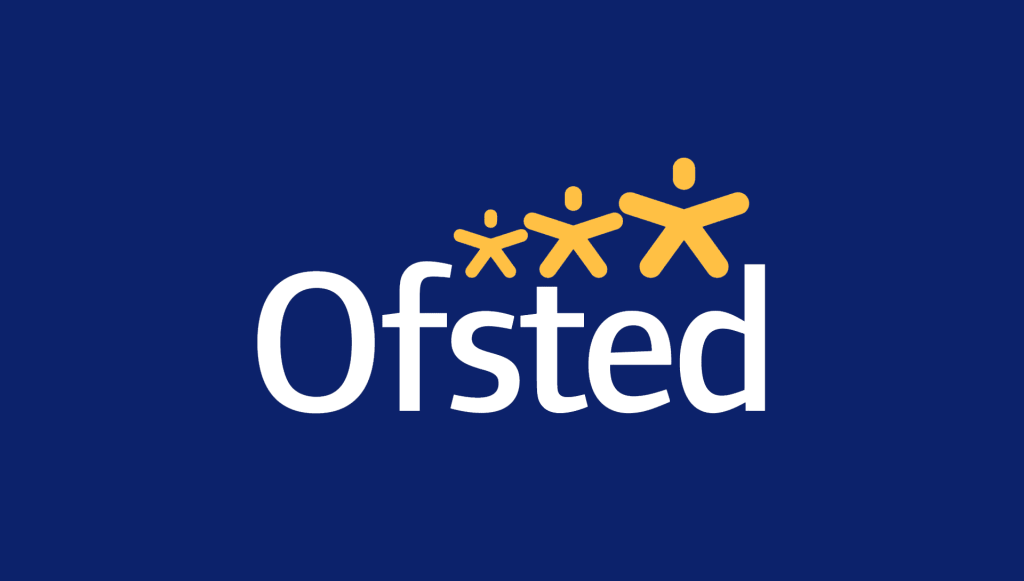What’s the difference between a nanny and an au pair? It’s a question we hear from a lot of parents looking for childcare.
Nannies and au pairs are both extremely different and it’s important that you understand the differences and exactly what you’re looking for from a childcare provider, before you make any decisions. Which is why we’ve put together this article to help you.
Continue reading “Au Pair or Nanny – What’s the difference?”










